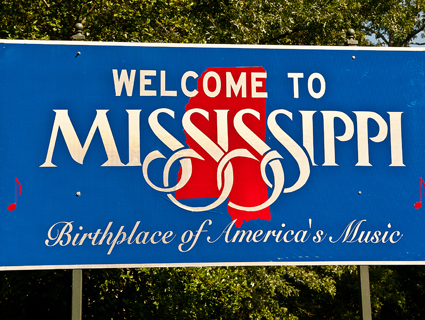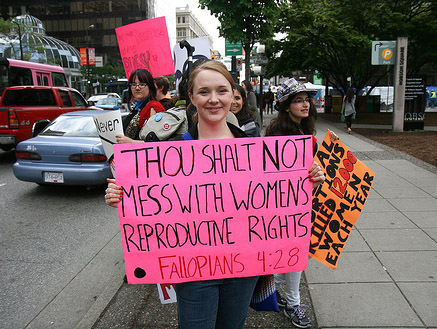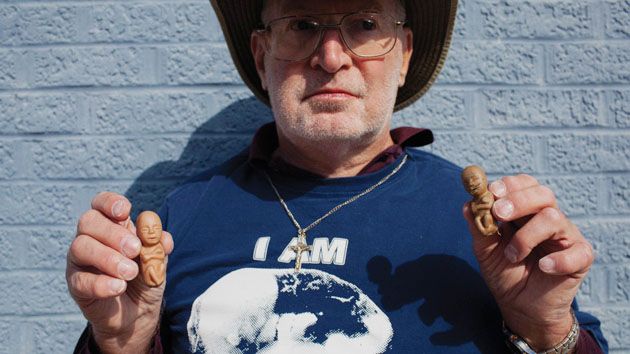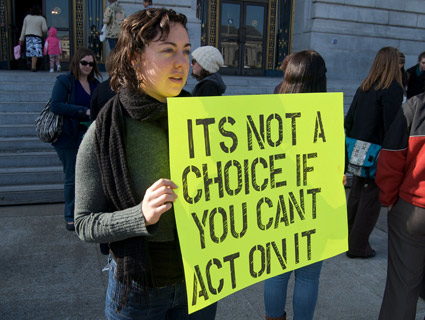
<a href="http://www.shutterstock.com/pic.mhtml?id=111167882">Sue Smith</a>/Shutterstock
Advocates of “personhood” for zygotes have decided that if at first you don’t succeed in banning all abortions, try again. And again, and again.
The anti-abortion group Personhood USA tried to pass a ballot measure granting fertilized eggs the same rights as adult humans in Colorado in 2008, and it failed. They tried again in Colorado in 2010, and it failed again, this time by a 3-to-1 margin. So then they tried in Mississippi in November 2011, where it lost yet again, with 58 percent of the voters even in this conservative state rejecting it.
So, the only logical next step for them, it appears, is to try again in Mississippi. On Tuesday, the group’s Mississippi chapter announced that it is working to get personhood back on the ballot. The Associated Press reports that the group filed paperwork with the secretary of state’s office on Tuesday in hopes of getting it on the 2015 ballot:
After a ballot title and summary are prepared by the attorney general’s office, the initiative’s sponsors would have one year to gather at least 107,216 signatures to get the measure on the ballot. That means the earliest likely date for a vote would be in November 2015, coinciding with the next governor’s election.
Mississippi only has one abortion clinic—which we reported on in a story and photo essay recently—that could be shut down in the next few weeks due to a new state law requiring the doctors there to have admitting privileges at a local hospital. So even without a “personhood” amendment making all abortion illegal, the state could be on its way to making abortion totally inaccessible for women living there anyway.
Reproductive rights groups reacted immediately to the news that the “personhood” folks were back at it. “Mississippi voters have already spoken: Health care decisions should be left to a woman, her family, her doctor, and her faith—not politicians,” said Felicia Brown-Williams, director of public policy at Planned Parenthood Southeast in a statement. “Mississippians expect real solutions to the real crises facing our state–not government intrusion into private medical decisions.”















